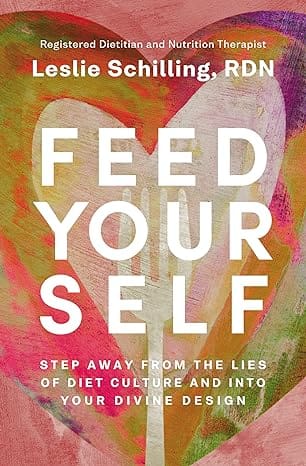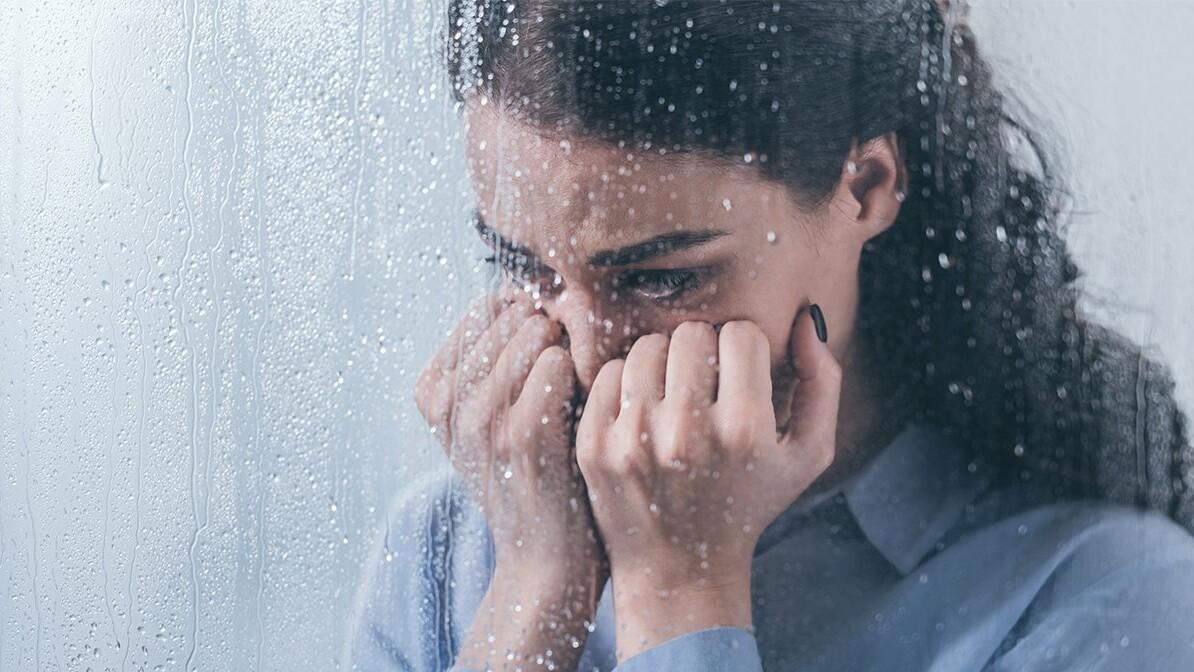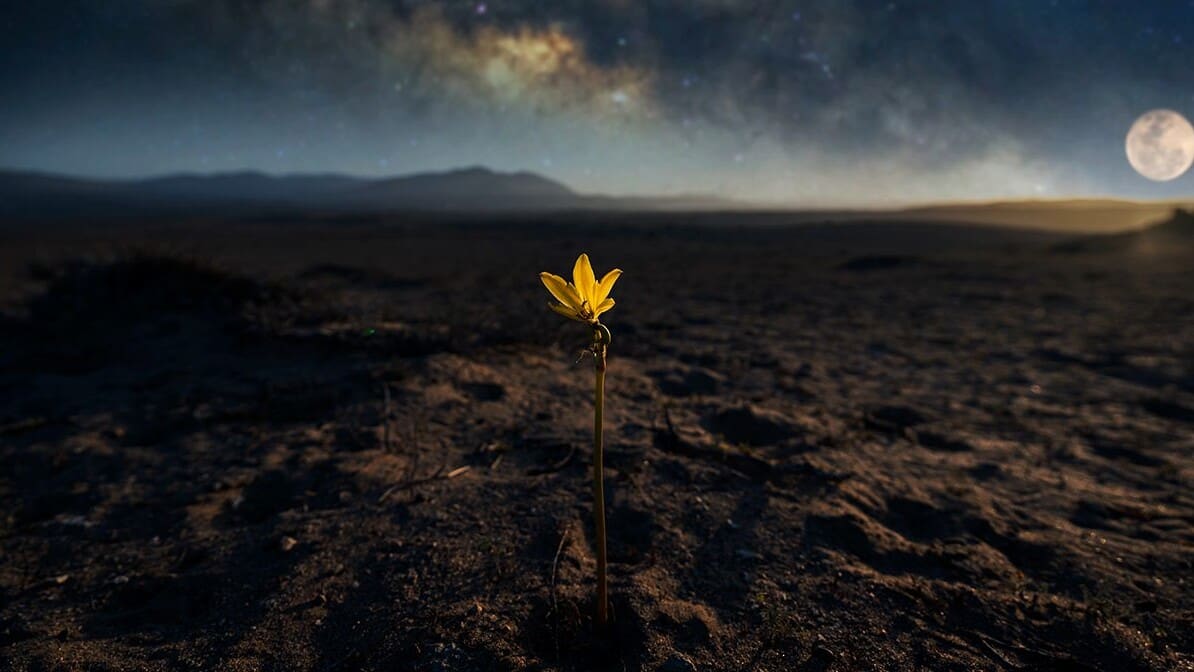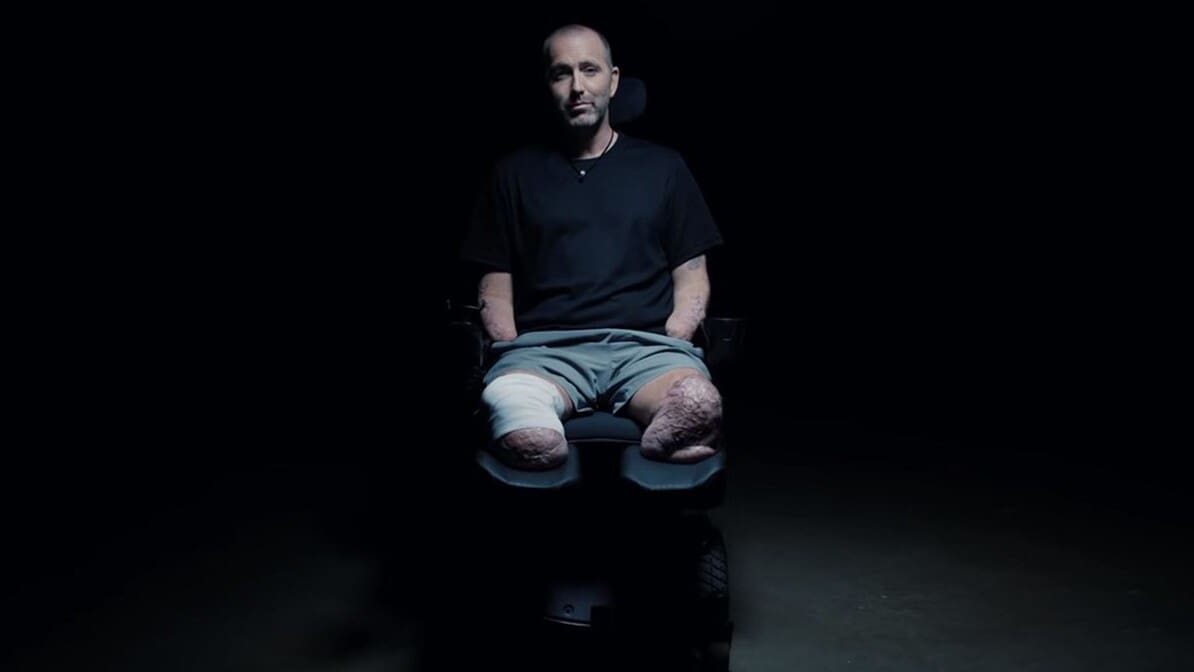Related Articles
I Just Knew It Was God: From Searching to Finding Faith
From the outside, Ekaterina’s life looked successful. She had a college degree, a strong career,…
How to Overcome Old Wounds with Resilience
How Do You Deal with Old Wounds? Everyone is talking about trauma, but very few are talking about…
Thank You … Lord
Gratitude transforms our lives and draws us closer to God. This article explores how practicing…
So, Is God Good?
Many people wrestle with the question, is God good, especially when life brings pain and loss.…
Next Steps To Strengthen Your Walk
Inspiration Today Newsletter
Supercharge your faith and ignite your spirit. Find hope in God’s word. Receive your Inspiration Today newsletter now!
Christian Articles
Find articles to strengthen your walk and grow your faith. We have a wide range of topics and authors for you.
Submit A Prayer Request
We are here for you. Simply click on the button below to reach us by form, email or phone. Together we will lift our hearts and voices with you in prayer.


 Excerpt taken from Feed Yourself: Step Away from the Lies of Diet Culture and into Your Divine Design by Leslie Schilling
Excerpt taken from Feed Yourself: Step Away from the Lies of Diet Culture and into Your Divine Design by Leslie Schilling



